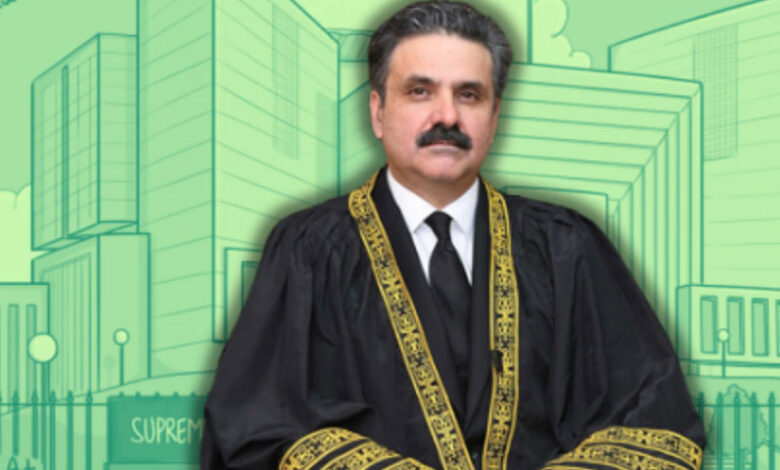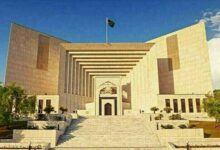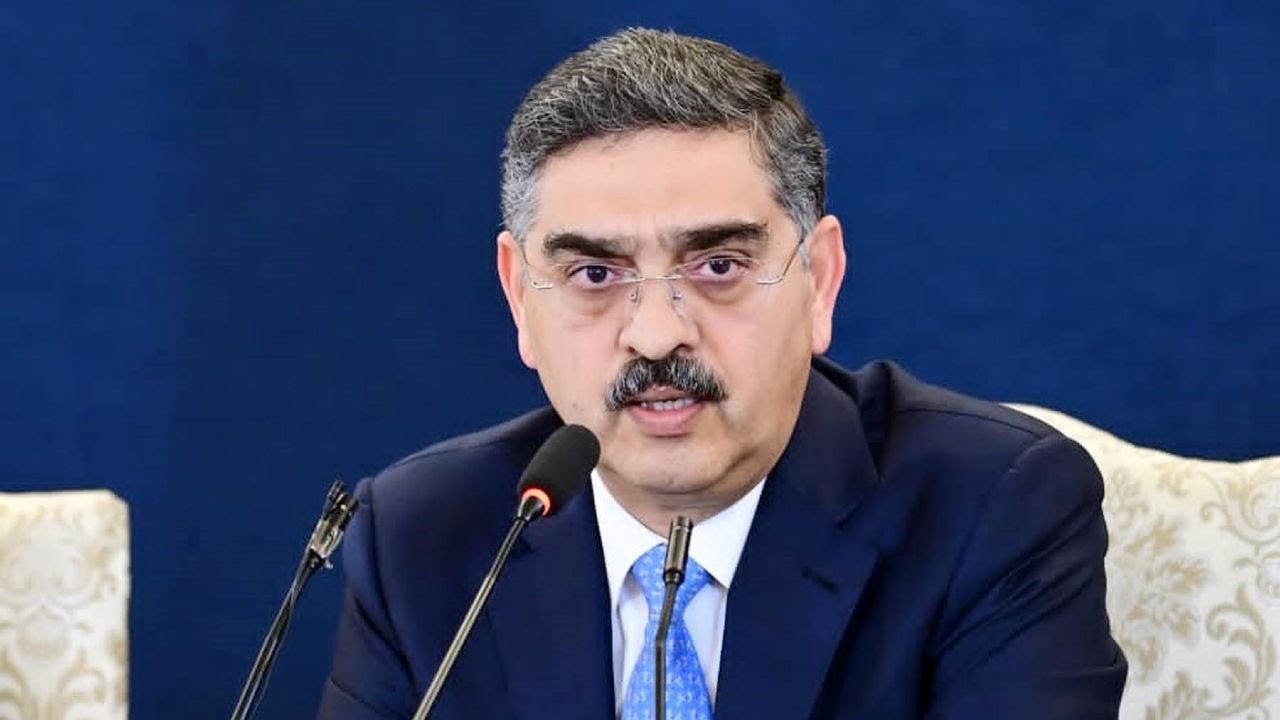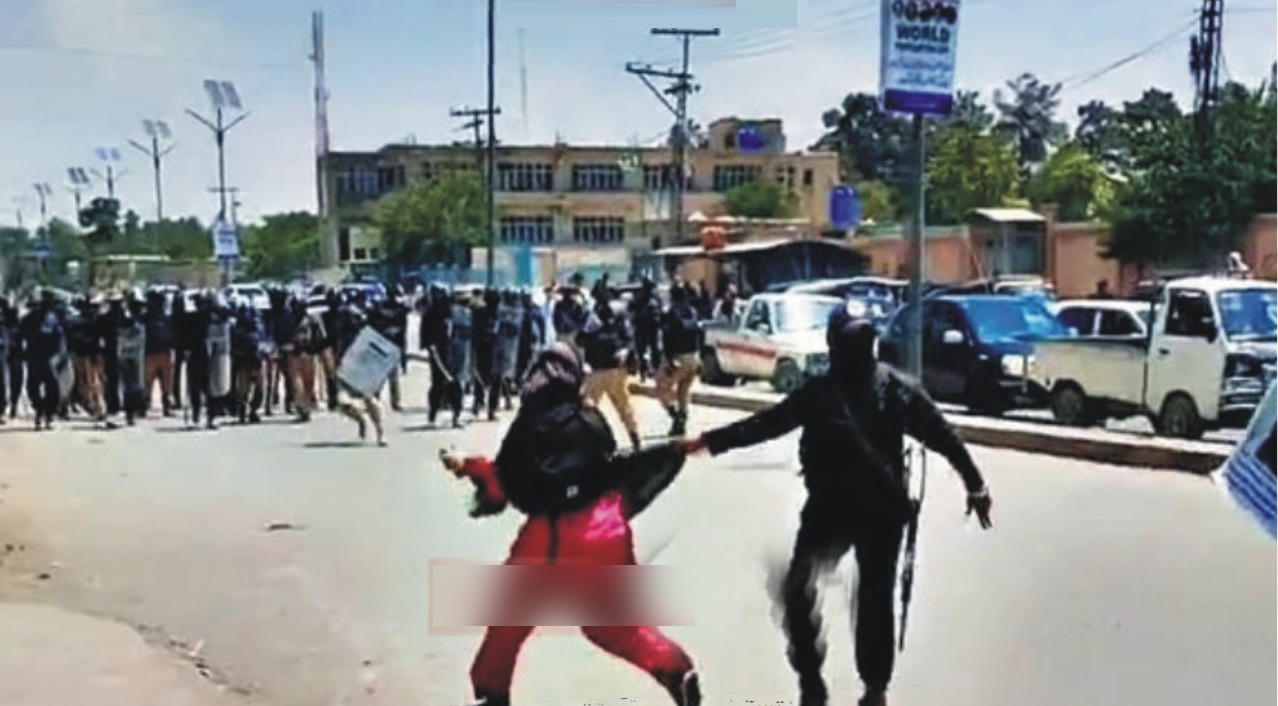Chief Justice Yahya Afridi’s Initial Two Months: Key Reforms and Challenges

Islamabad:In just two months since taking office as the Chief Justice of Pakistan, Justice Yahya Afridi has made significant strides in judicial and prison reforms, while also addressing crucial issues surrounding the functioning of the Supreme Court. His tenure has seen the formation of constitutional benches, approval of new rules for Supreme Court and High Court judge appointments, and a focus on streamlining the judicial process.
One of the first notable actions under his leadership was the formation of a judicial commission that approved new appointment rules for judges at the Supreme Court and High Courts. Additionally, Justice Afridi has initiated a comprehensive assessment of judicial reforms, including consultations with various sectors to implement necessary changes aimed at improving the efficiency of the justice system.
### **Reforms and Initiatives**
In terms of judicial reforms, Chief Justice Afridi has emphasized the importance of reducing delays in cases. On November 1, during a hearing, he highlighted the issue of long pending cases, stating that sometimes a single line of observation by the Supreme Court could delay cases in lower courts for years. As a result, he has urged the judiciary not to issue observations that could lead to the reopening of cases in lower courts unnecessarily.
Moreover, the Chief Justice has expressed concern over the backlog of 3,496 tax-related cases in the Supreme Court. To address this, he formed a committee comprising officials from the Federal Board of Revenue (FBR) and economic experts to expedite the resolution of these cases.
Justice Afridi’s focus is also on increasing access to justice in remote areas of the country. In the last two weeks, he visited various districts in Balochistan, Sindh, and Southern Punjab to assess the performance of district courts and identify the challenges they face in delivering justice.
### **Prison and Criminal Law Reforms**
On November 2, Chief Justice Afridi chaired a consultative meeting on prison reforms, where a committee was set up to explore ways to improve conditions in the country’s jails. Notably, Khadija Shah, who was granted bail in the high-profile May 9 cases, was included as a member of this committee.
Additionally, the Chief Justice conducted a visit to a prison in Rahim Yar Khan, where he commended the Punjab government’s efforts toward improving prison conditions.
### **Changing Dynamics in the Supreme Court**
Since the passage of the 26th Constitutional Amendment, the Supreme Court has effectively been divided into two parts—one dealing with routine cases, while constitutional matters are handled by the newly formed constitutional benches. This has altered the role of the Chief Justice, as the court is no longer the focal point of attention it once was under previous leaderships. Some observers have praised this change, citing it as a positive step for judicial independence, while others, particularly some lawyers, feel that the Court’s powers have been undermined.
Justice Afridi’s leadership style has led to mixed reactions. While some political figures view the changes as necessary for judicial independence, certain legal experts argue that the court’s authority has been diminished. The ongoing petitions challenging the 26th Amendment also remain unresolved, with some senior judges urging for a full court hearing to address these concerns.
### **Looking Ahead**
Justice Yahya Afridi’s tenure as Chief Justice has brought several crucial reforms to the judiciary, but challenges remain, particularly concerning the ongoing constitutional amendment disputes and the need for further judicial transparency. His efforts to address delays in the judicial process and improve conditions in prisons are positive steps, but it will take time to gauge the full impact of his reforms on Pakistan’s legal system.






